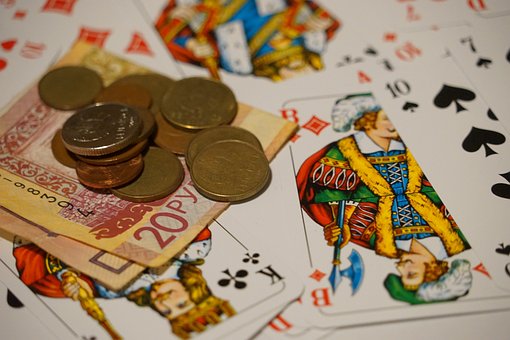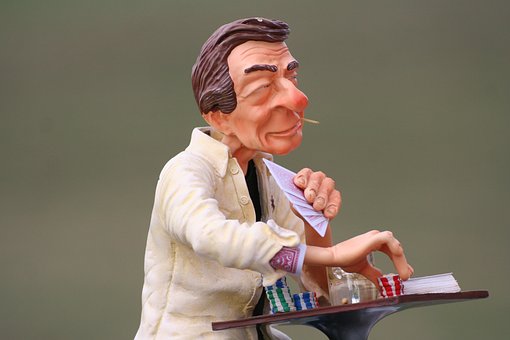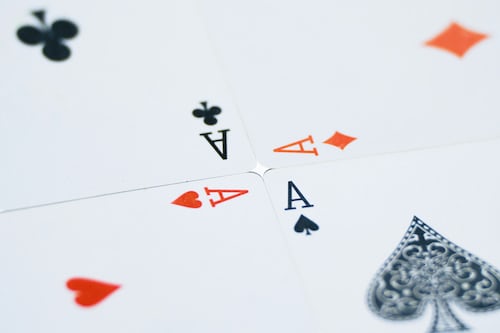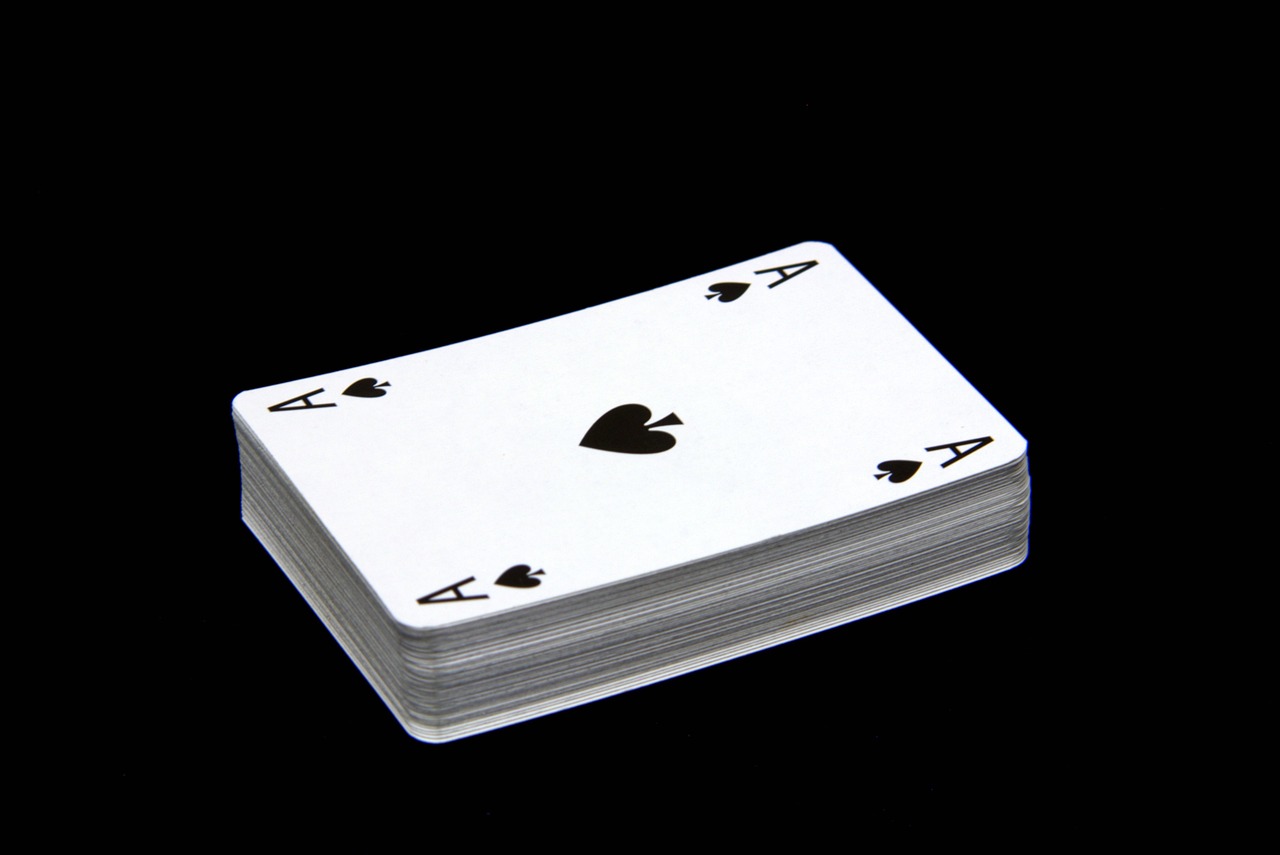Cash games are and will be the most frequent way to play poker hands, especially for those that want to go pro. After all, it’s the most profitable form of poker and provides a reliable and consistent way to build up your bankroll. However, playing cash games can be intimidating for beginners, and some may need help navigating this format.
So, to help out with such a daunting task, here are some tips for poker beginners to get off to the right start in cash games:

Photo by Pixabay
Stick to lower stakes until you’re ready.
When you’re just starting, it can be tempting to jump right into higher-stakes cash games. But this is only wise if you have the experience and skills to compete at those levels. Instead, begin with lower-stakes cash games until you feel comfortable enough to increase the stakes.
Signs that you’re ready include understanding the game’s nuances, poker strategy, and hand selection and playing consistently profitably.
Understand hand ranges
Hand ranges are the possible hand combinations that opponents are likely to have in any given situation. Understanding these hand ranges and poker odds lets you make good calls.
You can make more informed decisions by having educated guesses of your opponents’ poker card hands. It will also help you determine how to play certain hands against different players, allowing you to win lots of pots and minimize losses in the long run.

Photo by Pixabay
Develop a post-flop strategy.
The best cash game strategy is to develop a post-flop plan that you can use consistently. It means understanding the board texture and your opponent’s range and knowing when to bet, call, raise, or fold.
Your post-flop strategy should also involve understanding pot odds and the expected value of hands. By having a well-thought-out post-flop plan, you can make more informed decisions that will help you make the most out of your games.
Pay attention to your opponents.
Look for patterns in your opponents’ play, such as how often they raise pre-flop, when they bluff and act like they have the best poker hands, and how often they make continuation bets on the flop. Understanding these tendencies allows you to anticipate better what your opponents will do in certain situations.
Observe any overplays or underplays that players make as well. Doing this is especially important when playing a game with multiple opponents. Look for signs of weakness or strength to devise a sound strategy for playing against them.

Photo by Unsplash
Never play on auto-pilot.
As a poker beginner, you should never play absentmindedly. Be focused and aware of what’s going on in every hand and make decisions based on your opponents’ behavior, the board texture, and the pot odds.
Because of their repetitive nature, it can be easy to slip into a state of automation when playing cash games. But by remaining alert and active while playing, you can make far better decisions that will increase your profits.
Stay disciplined.
One of the most critical cash game strategies is sticking to your plan. Don’t let emotions like tilt affect your decisions. Also, cut your losses if a session isn’t going your way.
Knowing when to quit can help you minimize losses and come back with a fresh perspective.
Another part of being disciplined is sticking to your schedule. It’s easy to get caught up in a session and lose time. It can lead to rushed, poor decisions that can hurt your profits. It’s also equally important to practice regularly.

Photo by Pixabay
Don’t limp.
Limping is a common mistake that beginner poker players make. Limping is calling the big blind pre-flop instead of raising or folding, and it’s an unprofitable play in most cases.
It can give your opponents too much information about the strength of your hand and limit your ability to take down pots. Instead of limping, raise or fold pre-flop, depending on the strength of your cards. Doing so will keep your opponents guessing.
Don’t ignore small pots.
It’s easy for beginner poker players to focus only on big pots. But the truth is that the majority of pots in a cash game are small, and even winning just a few of these can add up over time. Take these smaller pots, as they will often help you win more money in the long run.
Know when to switch up your strategy.
It may be time to adjust your plan if certain opponents exploit specific weaknesses in your play. For example, if your opponents take too many free cards, you may need to bet more often when the board is dry. Or if they’ve been calling your bets too much pre-flop, consider raising a bit more often. You can stay ahead of your competition by recognizing the need to adjust your strategy on the fly and doing precisely that.
Keep your cash games money.
Cash game strategy is a complex topic that many players can spend years perfecting. So don’t beat yourself up if you make mistakes; you’re new to the game, so errors are expected.
For now, the important thing is that you learn how to play cash games right and make a few bucks out of it from time to time. You can do just that by implementing the above mentioned strategies and practicing consistently. Eventually, you’ll be increasing your win rate and maximizing profits.
